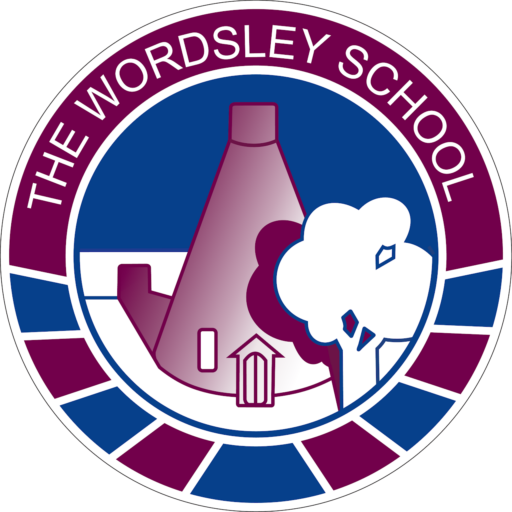Music
The music curriculum should engage and inspire pupils and increase their self-confidence, creativity and sense of achievement.
Pupils’ exposure to Music in KS2 is varied, with some schools giving their pupils
a wide variety of musical experiences and some schools very few. Our core aim
in Year 7 is to give all pupils a broad experience, covering a wide range of
instruments and genres, to ultimately provide a firm foundation of music
knowledge and skills.
In Year 8, pupils are tasked with more challenging parts that link to the skills
embedded in Year 7. Group work becomes more demanding with greater
opportunity for improvisation and for pupils to take a leading/conducting role.
Pupils also discover styles from around the world and how they have
influenced the very music we listen to today.
In Year 9, pupils receive 2 lessons per week that are split into performance and
composition. The aim of the performance element is for pupils to explore and
select an instrument to use through three modules to deepen their
understanding and increase their proficiency. The aim of the composition
element is for pupils to work on longer and more demanding creations to a
given brief. With performance and composition split, a greater insight of GCSE
Music can be ascertained by pupils.
Learning Journey
For more information click on each of the units below.
Growth PAthways KS3
GCSE Music (OCR 9-1) - J536
Practical Component
Ensemble performance and composition to a board set brief. A selection of briefs will be released in the September of the year of certification linked to the Areas of Study.
The ensemble performance can be on any instrument and any genre.
This is an internally assessed, externally moderated component.
Listening Exam
Listening, appraisal and notation skills assessed in an examination at the end of the course. This is externally assessed.
Integrated Portfolio
Performance on the learner’s chosen instrument.
Composition to a brief set by the learner.
They will explore the skills and capabilities of their instrument and produce a performance to demonstrate their interpretation and technical control, and a composition written to a brief of their own to demonstrate their ability to develop musical ideas.
This is an internally assessed, externally moderated component.
There are five areas of study that are examined as part of this GCSE.
1: My Music
Learners should study their instrument, which can be any of the following:
any instrument
voice – this can include styles such as rapping or beatboxing
DJ-ing
sequencing – realisation using ICT.
3: Rhythms of the World
Learners should study the traditional rhythmic roots from four geographical regions of the world:
India and Punjab
Eastern Mediterranean and Middle East
Africa
Central and South America.
5: Conventions of Pop
Learners should study a range of popular music from the 1950s to the present day, focussing on:
Rock ‘n’ Roll of the 1950s and 1960s
Rock Anthems of the 1970s and 1980s
Pop Ballads of the 1970s, 1980s and 1990s
Solo Artists from 1990 to the present day.
2: The Concerto Through Time
Learners should study The Concerto and its development from 1650 to 1910 through:
the Baroque Solo Concerto
the Baroque Concerto Grosso
the Classical Concerto
the Romantic Concerto.
4: Film Music
Learners should study a range of music used for films including:
music that has been composed specifically for a film
music from the Western Classical tradition that has been used within a film
music that has been composed as a soundtrack for a video game.

